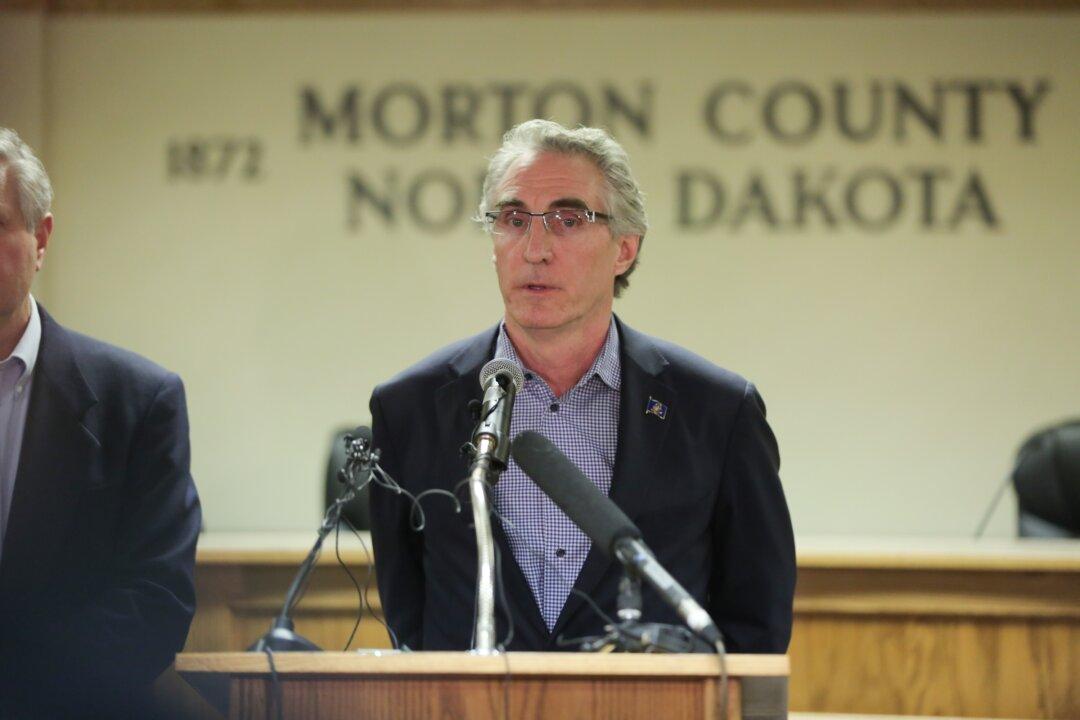North Dakota Gov. Doug Burgum on Thursday signed into law an emergency measure banning gender reassignment surgeries for minors.
The bill, known as HB 1254, creates and enacts a new chapter in the North Dakota Century Code. It bans certain medical practices on minors commonly used in the treatment of gender dysphoria and provides a penalty for health care providers who violate this law.





